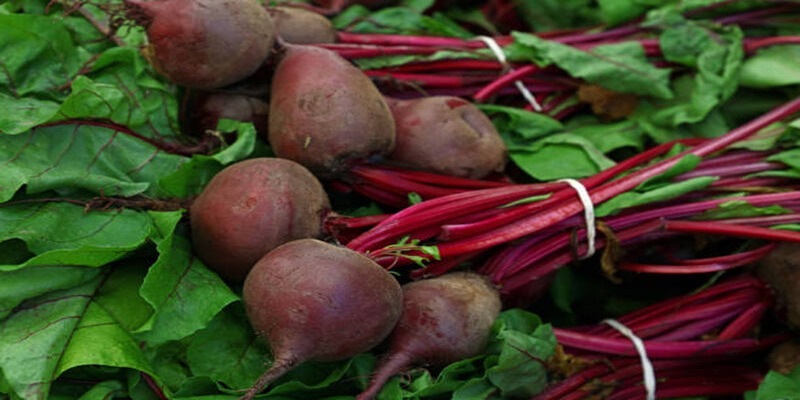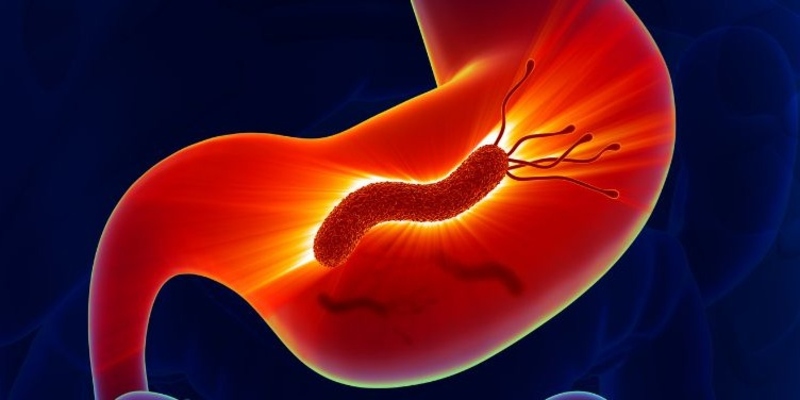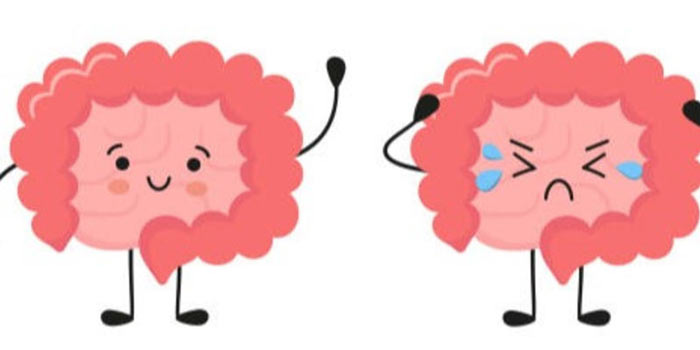Millions of individuals rely on their initial cup of caffeine in decaf coffee to motivate them each morning. You may also be apprehensive that caffeine will accelerate your aging or cause your epidermis to appear more mature. Caffeine may enhance the appearance of your skin and assist you in appearing younger, in addition to not accelerating the aging process.
Caffeine boosts energy and focus. A Mayo Clinic study found that caffeine's central nervous system effects increase alertness, reduce fatigue, and improve focus. It was once considered dangerous to drink caffeine. Coffee and caffeine in tea provide health benefits, according to new studies.
Is Coffee Good For Slow Aging?

The synergistic effect of coffee's numerous health benefits produces an environment where anti-aging and life extension are virtually guaranteed. A 2019 body of research indicates that consuming three to four glasses of coffee daily reduces the risk of death from any cause. Additional significant research indicates that caffeine in decaf coffee extends the chronological lifespan of yeast. Scientists have documented that coffee guards cells against oxidative stress.
The effects persist without variation regardless of the coffee's origin (caffeinated or decaffeinated). Caffeinated and decaffeinated coffee increased ATP levels within rodents' livers. Subcellular energy is provided by the chemical compound ATP for the transportation of macromolecules, essential lipids, and proteins. It specifically includes energy to vital processes occurring within the organism.
Promoting a youthful appearance and facilitating the process of intrinsic aging are two benefits that can result from the daily consumption of a moderate quantity of coffee. Furthermore, the potential utility of 3–4 cups of cold or hot brewed and espresso caffeine coffee as a diuretic in skin care products and to reduce edema should not be overlooked. Nevertheless, using coffee grounds in homemade facemasks or scrabs may be detrimental to the epidermis despite the appearance of youth.
However, it is imperative to consider that frequent coffee consumption may hasten the aging process of the epidermis by inhibiting collagen synthesis. In contrast, a moderate amount of coffee has the potential to impede the development of wrinkles through its antioxidant properties, while excessive coffee consumption may lead to severe dehydration and a decline in the skin's elasticity. To prevent dehydration, restrict daily caffeine in decaf coffee intake to three cups when using a water container.
Other Benefits Of Coffee

- Brain function: Caffeine influences adenosine receptors within the brain. The antioxidant properties of polyphenols are also found in coffee, and caffeine in tea manifests via various mechanisms. According to several studies, coffee may enhance particular cognitive functions and postpone the age-related deterioration of mental function. To validate this, however, additional research is necessary.
- Coffee and obesity: Existing evidence suggests that the consumption of coffee might promote weight loss. The study conducted in 2018 found that participants who increased their coffee consumption observed more substantial average reductions in body mass index (BMI), adipose mass, and weight. The 2019 survey shows that men may exhibit a greater propensity for weight loss than women, as a reputable source suggests, indicating a moderate correlation between espresso caffeine coffee intake and weight reduction. Their significance may be questioned due to the absence of replication of these results.
- Maximizes Fitness Goals: To maximize their fitness performance, individuals who engage in regular physical activity consume caffeine in decaf coffee half an hour beforehand to provide energy. Caffeine spikes the elevation of epinephrine concentrations in the bloodstream, thereby priming the body for physical activity. This enables individuals to establish an immediate impact from their exercise regimen by exerting greater effort and duration.
- Improves Heart Health: Consistent coffee consumers have a decreased risk of stroke, according to research. It appears to reduce the heart disease risk in females. Although there is a temporary elevation in blood pressure, this does not necessarily imply an inevitable risk of developing stroke or cardiac disease. Maintaining optimal heart function can frequently be achieved through systemic cleansing. According to one study, Arrhythmias, irregular cardiac rhythms, can also be cured with coffee.
- Reduces Risk of Diabetes: Research suggests regular espresso caffeine coffee drinkers cut type 2 diabetes risk by 23–50%—the nutrients lower blood sugar, which is vital for proper health.
- Anticancer Potential: A 2009 Cancer Letters study found that coffee drinkers had a decreased risk of premenopausal breast, liver, kidney, and colorectal malignancies. According to Stockholm's National Institute of Environmental Medicine's Susanna C. Larsson, coffee may considerably reduce liver cancer risk. According to the American Journal of Clinical Nutrition, a breakthrough is needed to prove coffee's colorectal cancer advantages, accor
- Reduces Depression: The natural properties of coffee may provide significant benefits to a depressed individual. There has been a less frequent association with suicidal ideation. It elevates spirits and reduces tension, improving one's quality of life.
- Reduces Mortality: Coffee is predominantly associated with longevity because it reduces the risk of numerous coronary diseases. It safeguards against numerous critical conditions, including cardiovascular disease, cancer, and diabetes.
- Prevents Multiple Sclerosis: A higher risk of developing multiple sclerosis has been associated with regular coffee consumption. Numerous studies have established that it effectively averts or impedes neural inflammation, a significant determinant in the progression of multiple sclerosis.
Tea And Coffee Difference In Slow Aging
Divergent opinions regarding the consumption of coffee or caffeine in tea may give rise to moments of contention. With this statement, we intend to dispel the ongoing discourse concerning the comparative anti-aging attributes of tea and coffee. A similar correlation exists between tea and espresso caffeine coffee consumption.
- Losing weight
- Relaxing and feeling better
- Improvements in immunity
- Effective pain relief
- Improvements in metabolism
- Heart safety
- Reduced inflammation
Like coffee, daily tea consumption can potentially increase one's lifespan; nevertheless, specific precautions should be observed. To enhance the potency of your tea, do the following:
- Be mindful of omitting sugar from your tea. Honey can be used in place of sugar.
- To prevent the loss of healthful components, brew your tea in water at 85C (190F).
- Just as coffee, limit daily tea consumption to three to four glasses.
- Before bed, avoid consuming tea. The same can be said for coffee.
The anti-aging properties of both caffeine in decaf coffee and tea (low to moderate) are attributed to the caffeine content in both beverages. Depending on the techniques and quantities employed, coffee and tea can cause an individual to appear younger or elderly.







